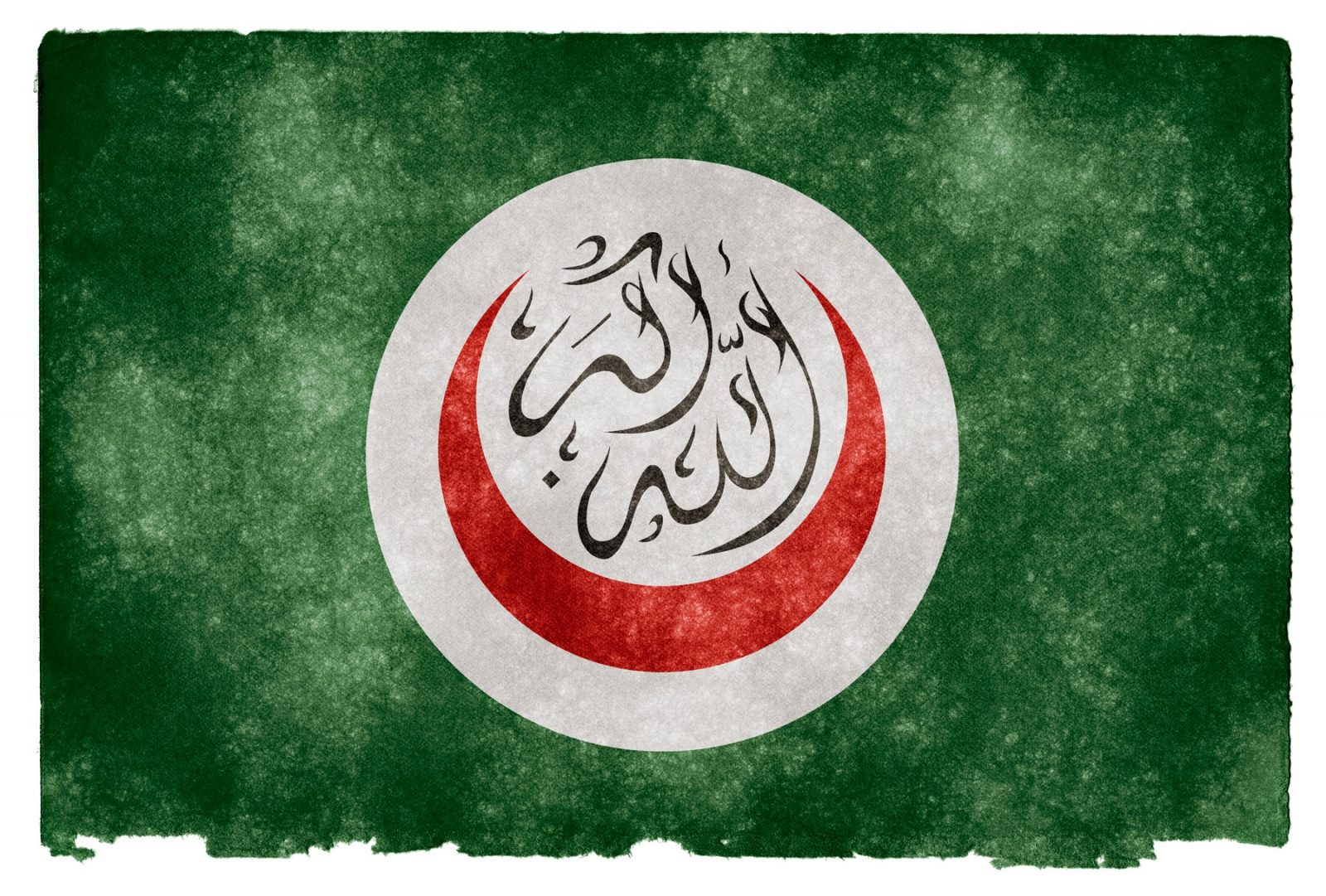 The decision to hold the G-20 Summit in Jammu and Kashmir, a disputed territory recognized by the UN, is seen as an attempt to conceal the ongoing war crimes in the region by India. On April 11th, Pakistan’s Ministry of Foreign Affairs expressed its strong disapproval after India amended its G-20 schedule to include gatherings in Srinagar and Leh. Pakistan condemned India’s actions as irresponsible and serving its illegal occupation of Jammu and Kashmir in violation of the UN Security Council resolutions and international law. In addition, Pakistan also denounced India’s oppressive measures against the people of Indian Illegally Occupied Jammu and Kashmir (IIOJK), including attempts to alter the region’s demographic composition. China has also opposed India’s plan to hold the Summit in Jammu and Kashmir and urged the “parties concerned to avoid unilateral moves that may complicate the situation.” Chinese Foreign Ministry spokesperson Zhao Lijian emphasized the need for “settling the Kashmir dispute through dialogue and consultation to maintain regional peace and stability.”
The decision to hold the G-20 Summit in Jammu and Kashmir, a disputed territory recognized by the UN, is seen as an attempt to conceal the ongoing war crimes in the region by India. On April 11th, Pakistan’s Ministry of Foreign Affairs expressed its strong disapproval after India amended its G-20 schedule to include gatherings in Srinagar and Leh. Pakistan condemned India’s actions as irresponsible and serving its illegal occupation of Jammu and Kashmir in violation of the UN Security Council resolutions and international law. In addition, Pakistan also denounced India’s oppressive measures against the people of Indian Illegally Occupied Jammu and Kashmir (IIOJK), including attempts to alter the region’s demographic composition. China has also opposed India’s plan to hold the Summit in Jammu and Kashmir and urged the “parties concerned to avoid unilateral moves that may complicate the situation.” Chinese Foreign Ministry spokesperson Zhao Lijian emphasized the need for “settling the Kashmir dispute through dialogue and consultation to maintain regional peace and stability.”
In August 2019, the Indian government unilaterally abolished Kashmir’s special status; and divided it into two separate union territories – Muslim-majority Jammu and Kashmir; and Buddhist-dominated Ladakh. The move has eroded autonomy of the region and has pushed it towards de facto recognition. For the first time since then, an international event is being hosted in the region. India’s actions in the IIOJK have drawn widespread condemnation from human rights organizations. The Indian government’s imposition of a communication blackout and curfew in the region has led to extensive human rights violations, including arbitrary arrests, extrajudicial killings, and instances of torture.
Hosting the Summit in the disputed territory is seen as a smokescreen aimed at diverting global attention away from the underlying issue of war crimes being committed by the Indian security forces in the region. It is a flagrant violation of the Fourth Geneva Conventions. Article 32 of the Convention prohibits the use of torture against civilians in occupied territory. It states that “The High Contracting Parties specifically agree that each of them is prohibited from taking any measure of such a character as to cause the physical suffering or extermination of protected persons in their hands. This prohibition applies not only to murder, torture, corporal punishment, mutilation and, medical or scientific experiments not necessitated by the medical treatment of a protected person, but also to any other measures of brutality whether applied by civilian or military agents.” Article 27 reads that “Protected persons are entitled, in all circumstances, to respect for their persons, their honour, their family rights, their religious convictions and practices, and their manners and customs. They shall at all times be humanely treated, and shall be protected especially against all acts of violence or threats thereof and against insults and public curiosity.”
The decision to hold a high-profile Summit in the IIOJK, known for its disputed status, has raised questions regarding New Delhi’s intentions and its ulterior motives behind the move. In tandem, the silence of the G-20 nations on the rampant human rights abuses in the region is a tragedy in itself. The lack of reaction from the international community to India’s selection of Kashmir and Ladakh as G-20 venues could be interpreted as a tacit approval of India’s decision, implying that the region is no longer considered as disputed.
It is widely held that India is attempting to divert attention from the war crimes committed by its security forces in the region and present a façade of normalcy in the IIOJK through an investment conference and now hosting a G-20 Summit. It is believed that the Summit in Kashmir is a ploy to deceive the international community regarding the actual situation in the region. The potential participation of the G-20 nations in the Summit could undermine the credibility of the UNSC resolutions; advocating for the right of self-determination for the Kashmiris, and giving credence to the Indian claims while overlooking the human rights abuses in the region. So, before undertaking a potentially contentious path, it would be wise for the heads of G-20 states to exercise prudence.
The BJP government – fixated on Hindutva ideology, with Narendra Modi at the helm, appears determined to exploit the G-20 Summit to advance its own geopolitical and domestic political objectives. This act is believed to be a move towards promoting the dangerous settler colonialism project, which entails the displacement of Kashmiris and the unlawful occupation of their land. The recent display of posters in Srinagar was to raise awareness among G-20 nations regarding India’s motives behind the Summit.
Pakistan expresses deep concern over India’s decision to host the G-20 meetings, particularly the events centered on tourism in the IIOJK. From Pakistan’s standpoint, this is a troubling development as it dilutes the UN’s auspices and infringes on the right to self-determination of the Kashmiri people. While Pakistan has been drawing attention to the human rights situation in the region, India is attempting to counter Pakistan’s narrative on Jammu and Kashmir, projecting a sense of normalcy through the Summit. However, this approach disregards the ongoing war crimes and fails to address the underlying issue of the internationally recognized Jammu and Kashmir dispute.
![]()




Be the first to comment